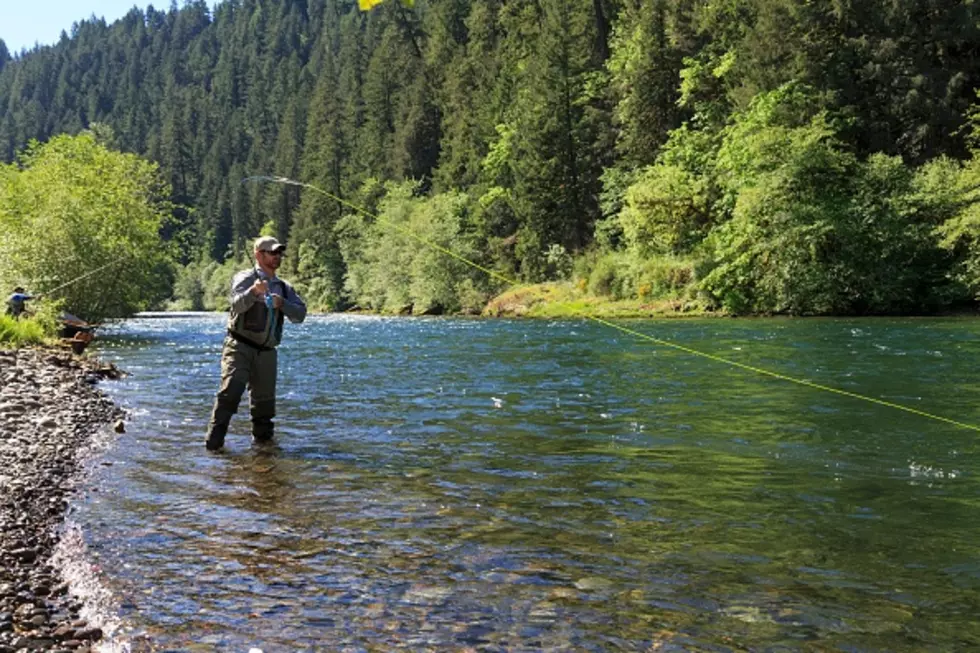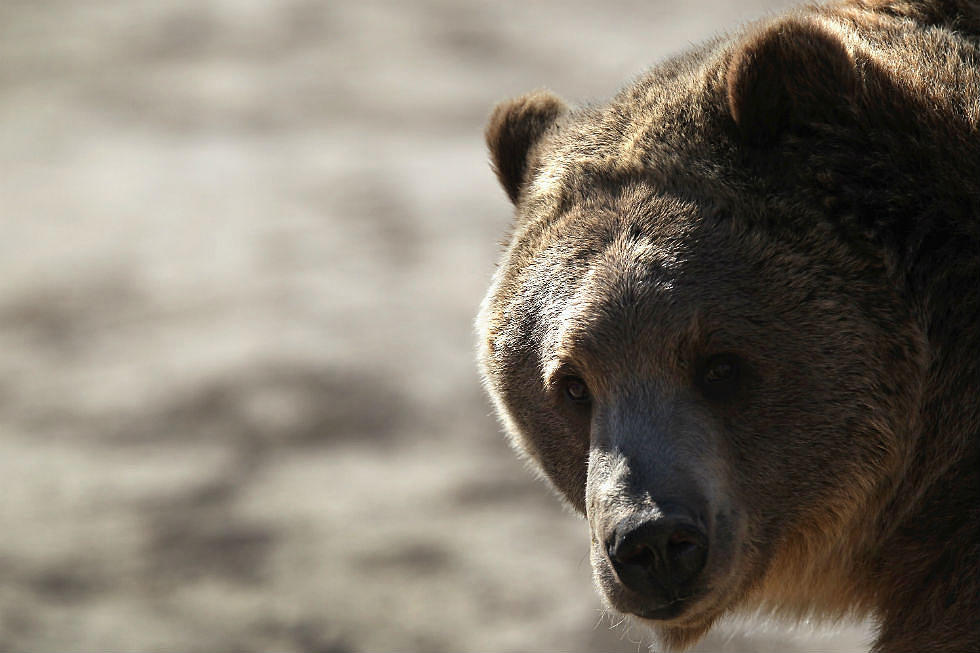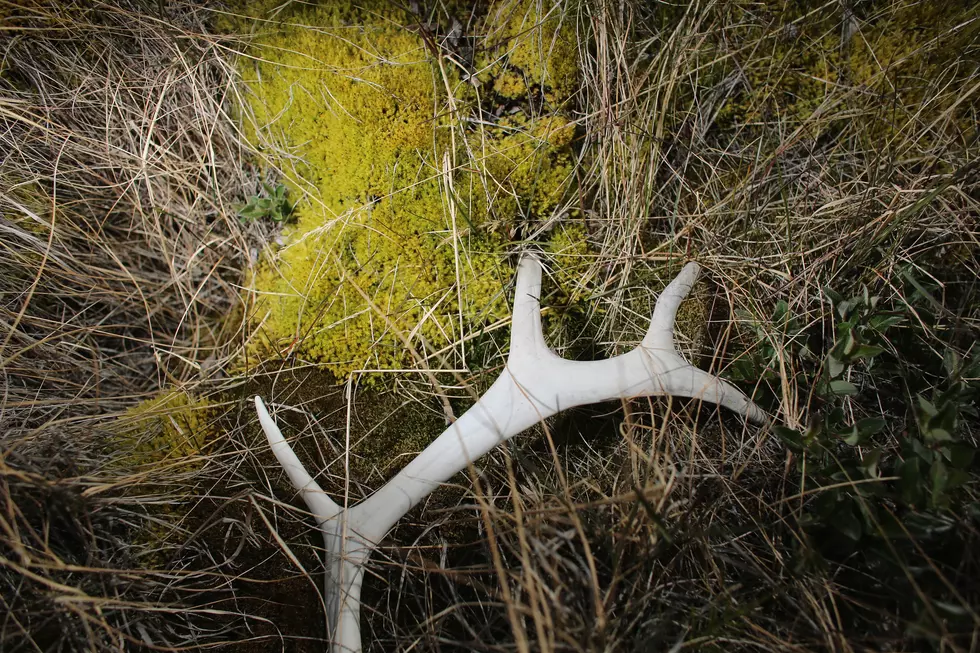
Black Bear Euthanized After Multiple Human Encounters
A young black bear that wandered into Laramie over the weekend was euthanized after it repeatedly appeared in residential areas, presenting a risk to communities in two different states.
The 80-pound yearling male was first discovered in early July, getting into trash cans and dumpsters in Fort Collins, Colo.
“It was receiving food rewards and getting used to people,” said Rick King, Laramie Region wildlife supervisor for the Wyoming Game and Fish Department.
King said Colorado Parks and Wildlife trapped the bear on July 9, ear tagged it, and relocated it into suitable habitat on Bull Mountain near the state line on July 10.
After being relocated by Colorado Parks and Wildlife, the bear again gravitated toward a residential area. The bear was found at a residence on July 16, this time at Mason Lane only 15 miles south of Laramie.
Although the ear tags were visible on the bear, its previous history was unknown. Because the bear was discovered 15 miles from Laramie and did not display overly aggressive behavior, the Wyoming Game and Fish department decided the best course of action would be to let the bear find its own way.
“We gave it the benefit of the doubt and hoped it would return to suitable habitat,” King said.
However, the bear continued to display habitual behavior and made its way to West Laramie on July 18 instead, where it was discovered up a tree in the yard of a residence.
As efforts to safely remove the bear began, power was removed from a power line below the bear to ensure its safety. According to a Rocky Mountain Power spokesman, crews responded at about 8:30 p.m. on Saturday to cut power from the line. Four residences went without power for approximately half an hour as a result.
An audience gathered to watch as biologists successfully darted the bear and used a tarp to break its fall from the tree.
Once the bear was sedated and secured in a culvert trap, the Wyoming Game and Fish Department contacted Colorado Parks and Wildlife and learned how the bear came to sport the green ear tags.
Based on this information, and the food-conditioned behavior, the decision was made to euthanize the bear.
According to the Game and Fish, bears are attracted to human food sources and can quickly become accustomed to receiving food rewards around humans if attractants are not properly secured. Once that happens, they become habituated to people and often become more brazen and sometimes overly aggressive. When a bear is deemed to be a threat to human safety, Game and Fish has no choice but to euthanize the animal.
“These are heart-wrenching decisions for our people to make. We don’t like destroying these animals,” King said. “But for public safety it was the best decision.”
In August 2014, a yearling black bear that had no previous offenses was successfully relocated from a Laramie neighborhood and returned to the wild.
Wyoming residents can help prevent bears from becoming habituated and ultimately being destroyed by being vigilant about keeping their property free of potential bear attractants. Possible bear attractants include garbage, compost piles, bird feeders, barbecue grills, pet food, and other potential food sources. Hang bird feeders high enough to keep them out of bears’ reach and pick up any feed that falls to the ground. Anything with an odor is a potential bear attractant, and once bears receive a food reward associated with humans they are likely to keep looking for more and associating people as a food source.
The Game and Fish Department strongly urges people to do what they can to prevent wildlife conflicts and report all nuisance bear activity to the Wyoming Game and Fish Department immediately.
More From KOWB 1290









